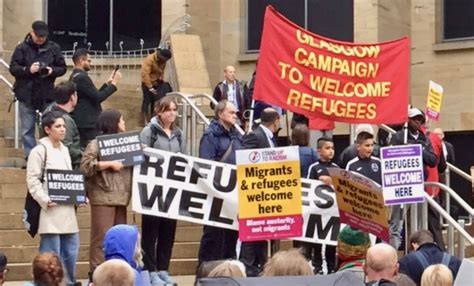Asylum Accommodation
The UK Government will soon sign contracts determining asylum accommodation for the next 10 years.
A Westminster Hall Debate has been secured on Wednesday 10 October, 2.30-4pm. The Scottish Refugee Council are urging us to ask our MP to attend this debate and stand up for a more humane and efficient asylum system. Their briefing and a template to help you contact your MP is available HERE

